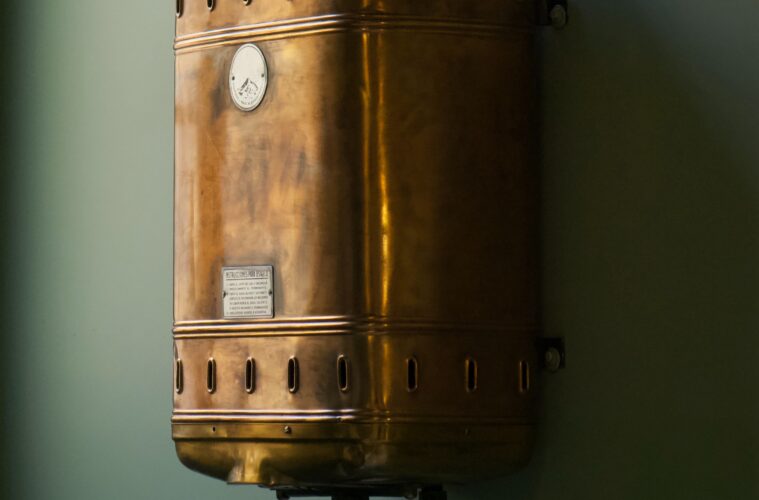When it’s time to replace your boiler, it’s essential that you consider a variety of factors before you make a purchase. There are many critical aspects that will ensure that your boiler is the right type and size for your home while satisfying the demand of your household for heating and hot water. Our guide will cover everything you need to consider when purchasing a boiler replacement for your property.
Energy Source
The first step to buying a replacement is to check which source of energy your current boiler uses as fuel. If you have a mains gas boiler, you need to ensure the replacement also uses gas. Boilers that use gas are the most common type in the UK, but if you don’t have a gas connection and want to save on your heating bills, it is a straightforward process to have a gas line installed into your home.
Boiler Type
Once you know what fuel your boiler will require, you will need to pick a type of boiler, and there are three types you should know about: conventional, system, and combi. The one you choose will be determined by the size of your property, your hot water usage, and the number of bathrooms in your home.
Conventional Boiler: This type of boiler is ideal for larger homes and has a separate cylinder for hot water as well as a cold-water storage tank. If you have more the two bathrooms in your property and live in a low water pressure area, a conventional boiler will be the best type to meet your heating needs. However, in order to install a conventional boiler, you will need enough free space for the cylinder and tank.
System Boiler: A system boiler also works with a cylinder for storing hot waters and is perfect for homes with more than one bathroom. Working in a similar way to the conventional boiler, a system boiler only requires a cylinder for hot water as it can take water directly from the mains supply.
Combi Boiler: This boiler type has the capabilities to provide water on demand and can heat water from the moment you turn on the tap. Everything the boiler needs is contained within a single unit, and it does not use a cylinder or tank. Combi boilers take up less space than tier counterparts and are ideal for smaller properties.
Available Space
Once you understand which type of boiler you require and the fuel source it needs, you need to ensure that you have the available space to install your new boiler. Most modern boilers are hung from the wall, and many manufacturers produce boilers in compact sizes so they can be easily installed inside the home.
The size of your home will determine which boiler type will fit in the available space in your property. On the one hand, conventional and system boilers are typically only suitable for larger homes as they require more space for installation. On the other hand, combi boilers are best for small homes and are the most compact type of boiler as everything is built into a single unit.
Many people are tempted to purchase a combi boiler when they are looking for a replacement boiler in order to save space in their homes. However, it is recommended that you stick to the type that is currently installed as it will best suit your property size and hot water demand. Changing the type of boiler in your home could require further changes to your heating system as a whole, which may increase the installation costs. However, If you’re looking to change the type of your boiler or want expert advice to help you make the right choice, check out Boiler Central.
Bathrooms
It is imperative that you consider the number of bathrooms or shower rooms in your home before you decide on a boiler, as this will determine your hot water needs. For example, a conventional boiler will provide you with consistent hot water and pressure when multiple taps are in use. In contrast, a combi boiler will only be able to supply hot water to one tap at a time. If you own a large home that has three or more bathrooms with many residents, it is highly likely that you will need a boiler that can manage multiple taps and showers running at the same time.
Water Pressure
When choosing a replacement boiler, it’s vital that you check the water pressure in your area as some boilers cannot produce an adequate water pressure on their own. Conventional boilers are perfect for homes that are in low water pressure areas, whereas a combi boiler requires a high water pressure directly from the main in order to perform as expected.
Flow Rate
A boiler flow rate is how much water can flow through your boiler before it reaches the tap. While it’s not necessary to purchase a boiler with the highest flow rate, the flow of water in your boiler can also depend on the water pressure in your area. For example, if you were looking to purchase a boiler with a flow rate of 13 litres per minute, but the mains supply in your area can only handle 10 litres of water per minute, there is no point in buying the boiler with a higher flow rate than the mains can manage.
Published on Holr Magazine


